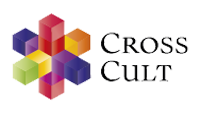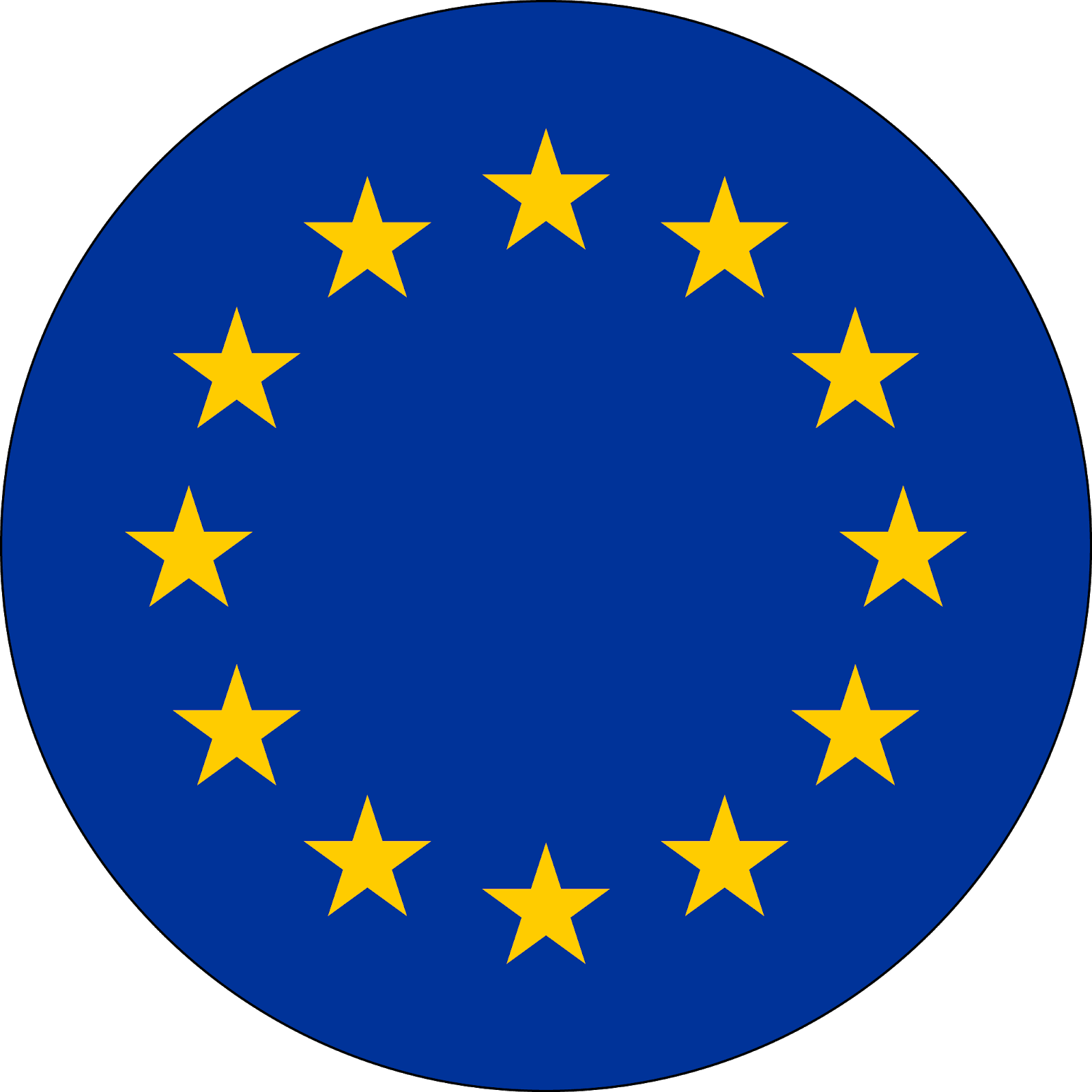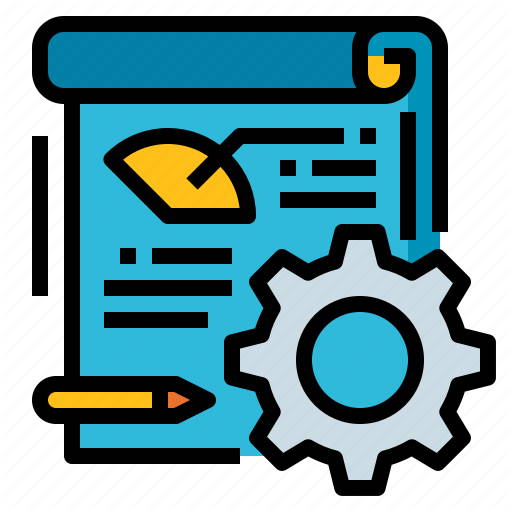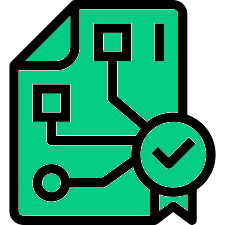Research Summary
Research interests include: subject approach to information and thesauri. Metadata structures and cultural information exchange. Also, the ever changing role of libraries, archives and museums in the digital environment.
Research Interests
- Information policy
- Institutional repositories
- Institutional Archives and standards
- Subject approach to information
- Knowledge organization and metadata standards
- Education of information professionals and curriculum development
Research Projects
_______________
European/International Projects
-

EDUCABILITY Project aspires to be a conceptually, strategically, technologically and educationally pioneering endeavor in answering specific urgent demands of the current Information and Knowledge Society.
-

The European "CrossCult": Empowering reuse of digital cultural heritage in context-aware crosscuts of European history" project aims to spur a change in the way European citizens appraise History. It will foster the re-interpretation of what citizens may have learnt in the light of cross-border interconnections among pieces of cultural heritage, other citizens' viewpoints and physical venues. It seeks to increase retention, stimulate reflection and help citizens appreciate their common past and present in a more holistic manner. Technology and mobile apps will be used and a user-friendly and a cost-efficient tool for experience designers, museum experts and external stakeholders, will be developed.
-

The PHARE Programme is one of the three funding resources for pre-accession support to the EU, provided by the European Commission to assist the candidate countries of Central and Eastern Europe in their preparation for full membership to the European Communities. It was introduced in 1989, at a time when most candidate countries were going through a phase of economic and political transition. Today it funds exclusively actions concerning the priority sectors of pre-accession for each candidate country. The PHARE - TEMPUS Programme aims at providing assistance to the candidate countries in the sector of academic education. It began in 1993 in the wider framework of the PHARE Programme. Nowadays, it belongs to the framework programme of the EU for the economic and social reform of Central and Eastern Europe (CARDS Programme) and of the programme for the economic restructuring and revitalisation of the new independent states of the Former Soviet Union and Mongolia (TACIS Program). The groups targeted by the programme include academic faculties and professionals, who are trained in key sectors such as justice, environment and government reform. CIEEL was involved in the TEMPUS Programme through a series of seminars, addressing audiences not only of legal orientation. The seminars dealt with topics of general and specific EU Law.
-

Project coordinator to the Program "Historical Archives Management: training of University Professors at the State National University of Kissinau, Moldova, 2009. The project was set in motion by the NGO "Humanet".
